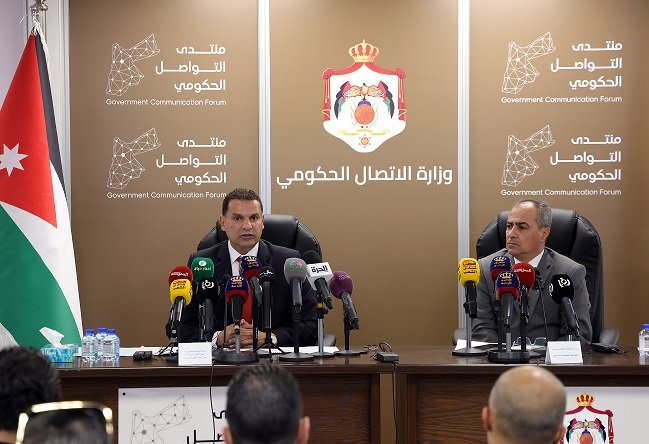
Jordan Daily – Jordan’s dedication to human rights advancement remains unwavering, Khalil Abdallat, Director of the Human Rights Unit at the Prime Ministry, stated on Thursday.
During a press briefing organized by the Ministry of Government Communications, Abdallat emphasized the nation’s progress under the leadership of King Abdullah II, highlighting political, economic, and administrative reforms.
Abdallat reviewed the fourth Universal Periodic Review (UPR) of Jordan’s human rights situation conducted by the United Nations Human Rights Council, stressing the UPR’s role in fostering national respect for human rights and facilitating international feedback.
“Jordan takes pride in its distinguished record of engagement with the UPR mechanism,” said Abdallat. He noted that Jordan’s latest UPR report, submitted in Geneva last January, garnered praise from the international community. Of the 279 recommendations made by over 100 countries, Jordan accepted 204 (73%) and noted the remaining 75.
The accepted recommendations cover legal and legislative frameworks, civil and political rights, economic, social, and cultural rights, and the rights of women, children, persons with disabilities, and refugees. Abdallat cited efforts such as amending the Anti-Human Trafficking Law, issuing the Cybercrimes Law, and creating an electronic platform for human rights complaints. The National Center for Human Rights is also reviewing the legislative impact of the Cybercrimes Law and amending the Access to Information Law to enhance the human rights system.
Significant legislative updates include amendments to the Jordanian Constitution, Political Parties Law, Election Law, and the issuance of the Children’s Law. The government has also launched the National Youth Strategy, increased women’s participation in decision-making, and empowered women politically, economically, and socially.
Abdallat noted the Prime Minister’s directive for the Human Rights Unit to consult with national and international institutions, civil society organizations, media, and stakeholders to review UPR-related achievements and challenges. Community institutions play a crucial role in decision-making and implementing the national human rights plan, with civil society organizations ensuring diverse opinions in policy formulation.

